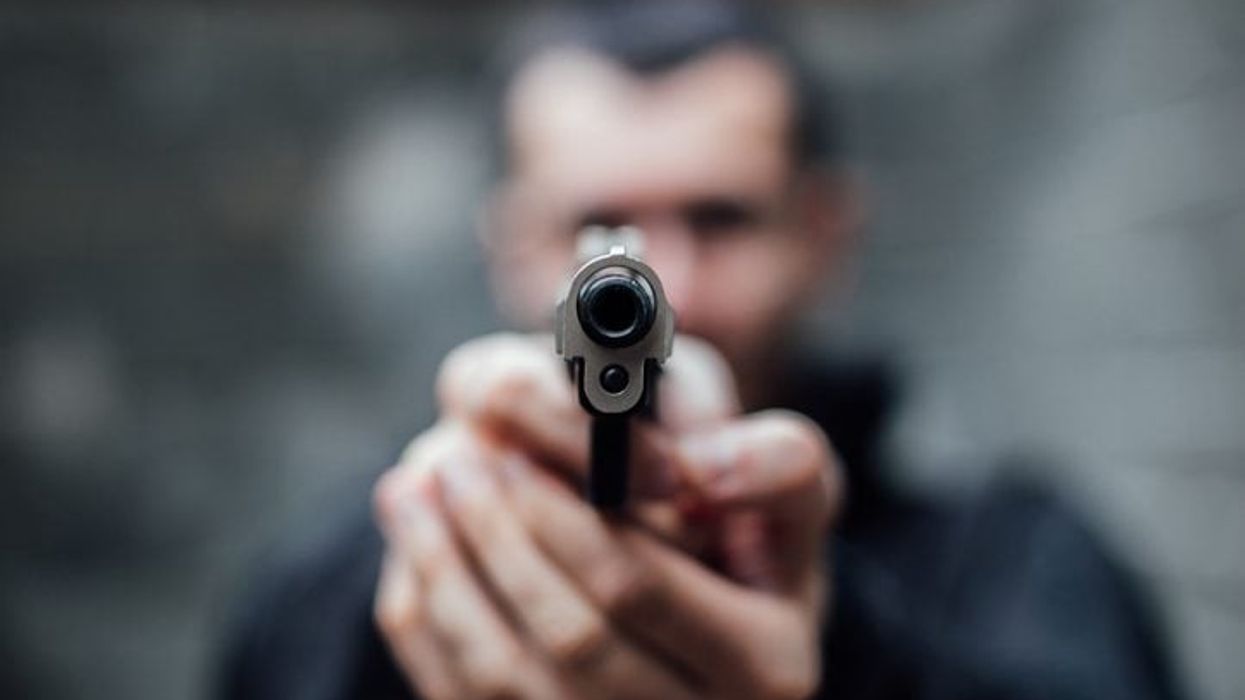THE son-in-law of Lord Patten of Barnes, the former governor of Hong Kong, was convicted for his part in the shooting at the PBK curry house in Greenford, west London, reported The Telegraph.
Elton Charles, 51, who is married to Patten's daughter Laura, 48, was convicted of his part in the attack on the Indian restaurant in September last year.
During the trial, the prosecution alleged Charles had played the role of the getaway driver and had aided his half-brother in executing the assault.
He was found guilty along with co-defendants Nicolas Grant, 46, and Lee Morgan, 42, at Kingston Crown Court on Tuesday (15) following a five-week-long trial. His half-brother, Nathaniel St Aimie, had earlier admitted to the same offence.
According to the report, jurors were shown CCTV footage depicting an individual wearing a hood, who disembarked from a white Volkswagen van, proceeded towards the restaurant, and discharged a firearm.
The prosecution said that the diners' lives were spared purely due to a stroke of 'good fortune', as the shotgun blast shattered a window without causing any fatalities.
The footage captured a moment where one diner shielded their child from the gunfire, earning praise from Judge Jonathan Davies for their bravery.
In his court testimony, Charles indicated that he had received text messages from his brother via a burner phone on the day of the shooting. He told him he had some marijuana for him and asked to meet him in Greenford.
He asserted that he had departed from his residence to join St Aimie in consuming cannabis, citing the reason as his wife's disapproval of his smoking habit.
"My wife disapproves of my cannabis use, and particularly objects to me indulging in it within our home," he was quoted as saying.
After the pickup, Charles stated that his brother requested him to 'hang about'.
He asserted that he had no knowledge of the shooting and said he was shocked to be arrested.
Following his high-profile marriage in 2002, Charles assumed the role of Groucho Club's building manager in Soho.
The couple reportedly met during the mid-1990s and remained close friends for several years before officially announcing their engagement in June 2001.
In court, Charles mentioned that he and his wife collectively earned approximately £120,000 annually and owned a £1.5 million residence with a mortgage.
Laura's father, Chris Patten, served as the MP for Bath from 1979 until his unseating in 1992. He subsequently held the position of the 28th and final governor of Hong Kong in 1992, which concluded in July 1997 following the transfer of sovereignty to China.
Patten was granted a life peerage in 2005 and has held the position of Chancellor at the University of Oxford since 2003.
The defendants were granted conditional bail and are scheduled to appear in court for sentencing on September 15.





